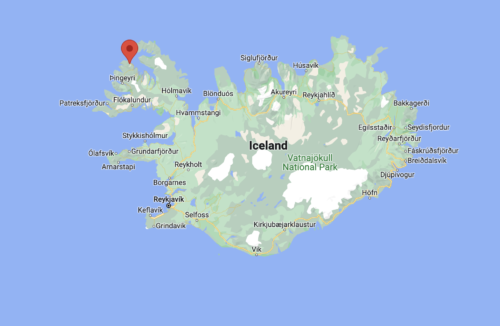Icelandic salmon producer Arctic Fish has revealed a steep decline in revenue for the second quarter of 2023 as harvesting operations are transferred.
Arctic Fish, one of Iceland’s leading salmon farmers operating in the Westfjords, currently holds licenses for 27,100 metric tons of production.
In the second quarter, the company harvested a total of 100 metric tons of fish. Year-to-date (YTD) figures stand at 5,000 metric tons, a slight dip from the 5,300 tons recorded in the same period last year.
These low volumes were in line with the company’s short term and long-term plans, as all harvesting operations are moved to the company’s own new harvesting facility in Bolungarvík, which begins operation in Q3 2023.
The company posted NOK 22.8 million ($2.1 million) in revenue, a decrease of 74 percent compared to the same period the year prior.
This decline can be attributed to the previously mentioned low harvest volumes.

The Bolungarvík facility underwent tests at the end of Q2, with full-fledged operations kicking off in July, all in alignment with the projected timeline.
Busy year
In October 2022, Norway’s Mowi agreed to buy 51.3 percent of Arctic Fish’s shares from SalMar, facilitating SalMar’s merger with NTS.
In February, the company was hit by a major fire at a smolt facility under construction.
In June, Arctic Fish advanced in its application to expand biomass with two new locations in Isfjardardjup, Westfjords, Iceland.
Upon approval, the company’s licensed farming capacity will reach 29,800 metric tons—27,000 for salmon and 2,800 for trout.
In July, the company entered into an agreement for a €170 million ($187 million) three-year senior secured loan and revolving credit facility with Danske Bank, DNB, Nordea and Rabobank.
The funds will be used to refinance the company’s existing bank facilities and support planned growth, it said.
In August, Arctic Fish CFO Neil Shiran Thorisson, who joined Arctic Fish in 2015, stepped down from his role at the Mowi-owned salmon farmer.










